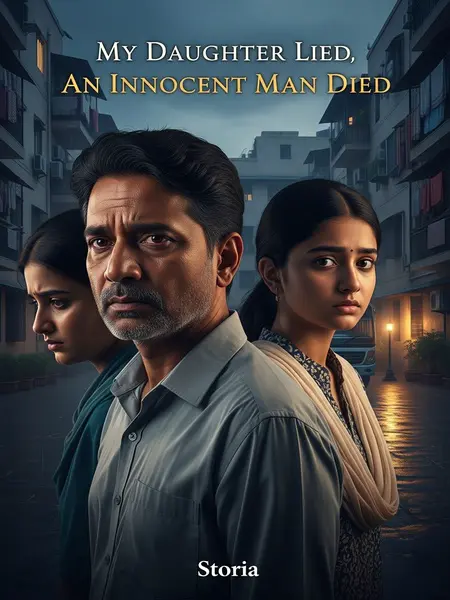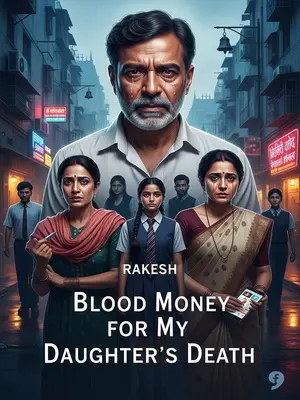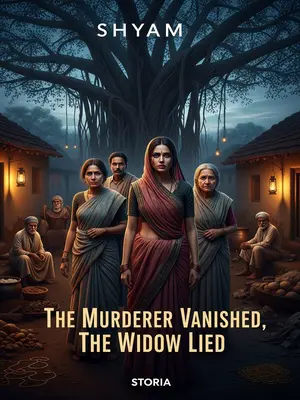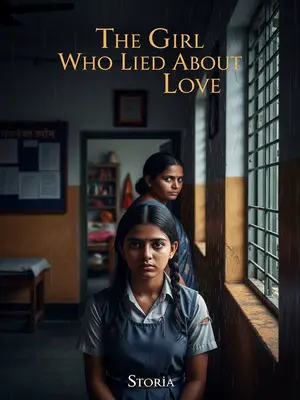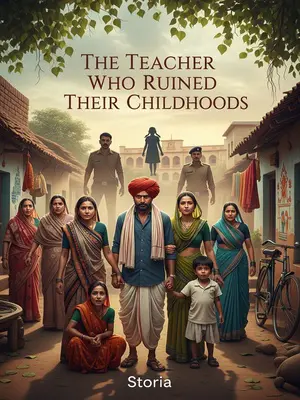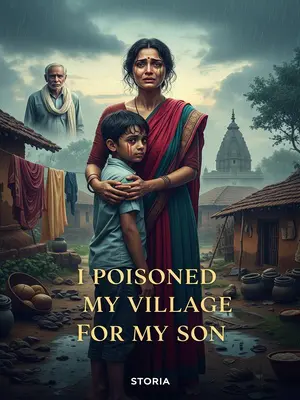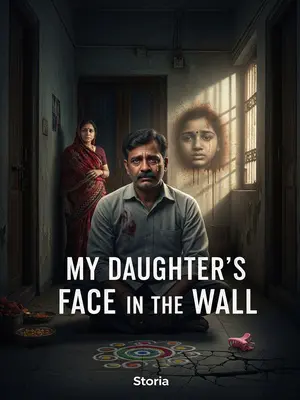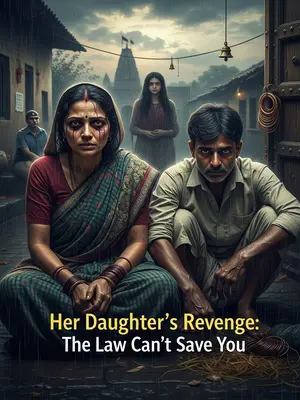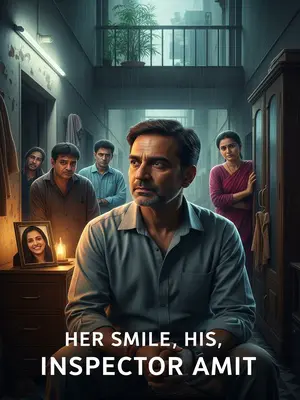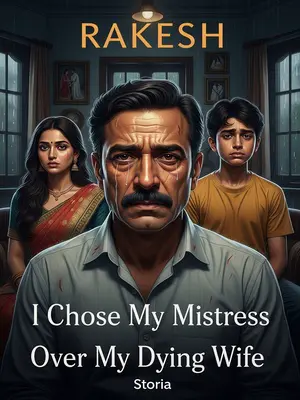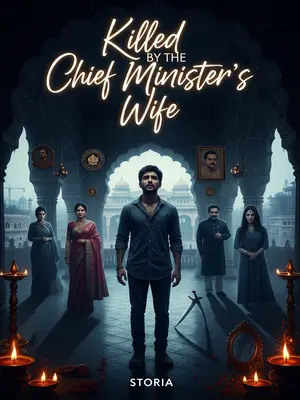Chapter 6: Reckoning and Return
After thinking it over, I felt the only way to calm Ramesh’s anger was to clear his name. After all, an innocent person wouldn’t easily commit a crime.
I spent sleepless nights, wrestling with the decision. In the end, I realised there was only one way—truth. I would help clear Ramesh’s name, no matter the risk.
I first contacted the other four girls’ parents, hoping they would join me in court to testify. Their responses were swift and unanimous—no. They made excuses, spoke in hushed tones, refused to meet my eyes. I felt alone, suddenly, in a battle I had not chosen.
They said, "What’s the use? If he comes out, he will destroy us. If we go to court, our jobs, our reputation, everything is at stake. Let it go, yaar. Move on."
Since Sushila Devi had died and Ramesh’s original lawyer had disappeared, I volunteered to become his defence lawyer and met with Ramesh in detention.
The interview room smelled of sweat and disinfectant. Ramesh looked up as I entered, gaunt, stubbled, eyes hollow—a shadow of the man I once knew. His hands trembled, back hunched, but his eyes still fierce. I felt a pang of guilt just looking at him.
At first, he sneered at my apology, but as I explained, his expression softened. For the first time, there was hope in his eyes.
He told me: after getting out, the first thing he’d do is arrange his mother’s funeral, tell her he’d been exonerated, and let her rest in peace.
Then, he planned to buy a small truck, haul tomatoes to Nashik, bananas to Jalgaon—anywhere, as long as he never returned to Kaveripur. Honest labour, far from the city that destroyed him.
I thanked God, silently, that jail had not broken him completely. I promised to do everything I could.
I knew the key to overturning the case on second appeal would be my daughter’s testimony. Even if the other girls stayed silent, if my daughter recanted, the court would have to reconsider.
I spent hours preparing my daughter, explaining what would happen, telling her that courage and honesty were more important than anything. I knelt, took her hands, and said, "Sach bolne se kabhi dosti nahi tut-ti. Have courage. No matter what happens, Papa is here. Always."
My daughter nodded, voice small but steady. "I promise, Papa. I won’t lie. Never again."
On the day of the second trial, I made chai for my daughter. We sat in silence, the clink of cups echoing in the kitchen. The tension was so thick, even the sound of the spoon stirring sugar seemed loud. She sipped quietly, eyes lowered, the steam rising between us like all the unspoken fears.
We went to court. The room was full, the mood tense. My daughter clung to my hand, her name called. The judge looked tired, the lawyers impatient, everyone knowing something big was about to happen.
During cross-examination, the chief prosecutor asked, “Were you ever molested by Ramesh?”
The room fell silent. Even the ceiling fans seemed to pause. All eyes turned to my daughter at the witness stand, her small figure dwarfed by the wood. For a heartbeat, the world held its breath.
She nodded without hesitation. “Yes.”
There was no tremor, no guilt—only the same stubbornness I’d seen when she chose which cat to feed. In that moment, I realised how little I understood my own child, and how far the truth was from all of us.
Outside the courtroom, the colony aunties gathered, whispering prayers. I stood in the corridor, the truth stuck in my throat, watching my daughter walk away—her ponytail swaying, her secrets safe for now.
